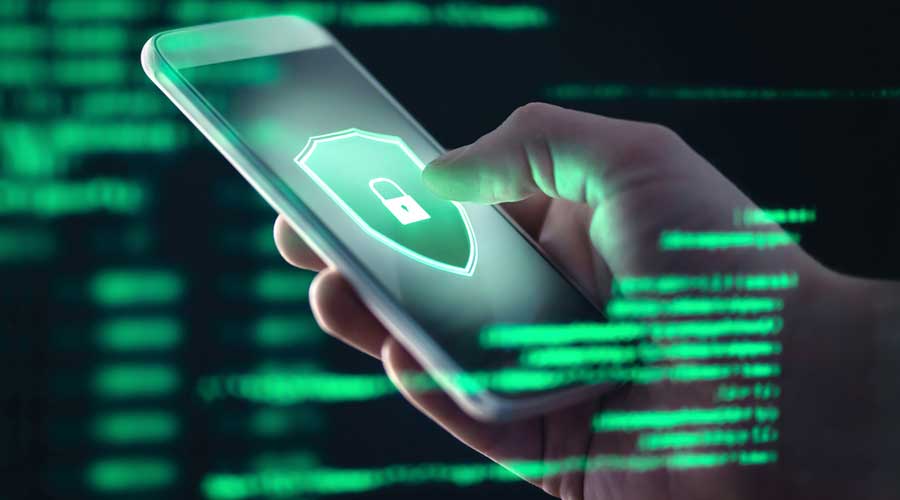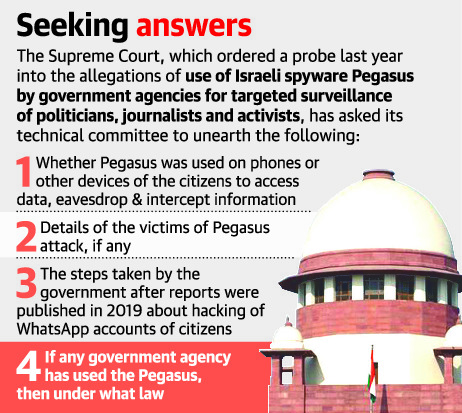Free Courses Sale ends Soon, Get It Now


Free Courses Sale ends Soon, Get It Now



Disclaimer: Copyright infringement not intended.
Context
What is Pegasus?
Who can buy Pegasus?
What can Pegasus do?
Who has been targeted?
What do Indian laws outline?
Are India’s laws on surveillance a threat to privacy?
Pros and cons of public surveillance
Pros
Cons

Way Forward
https://epaper.thehindu.com/Home/ShareArticle?OrgId=G949R99AR.1&imageview=0
© 2024 iasgyan. All right reserved